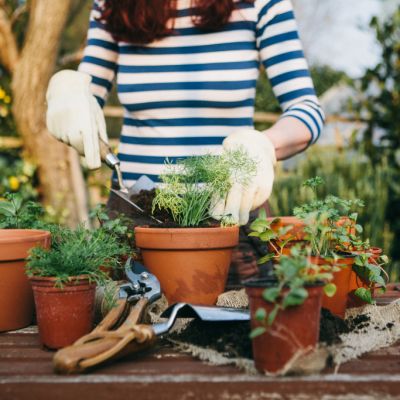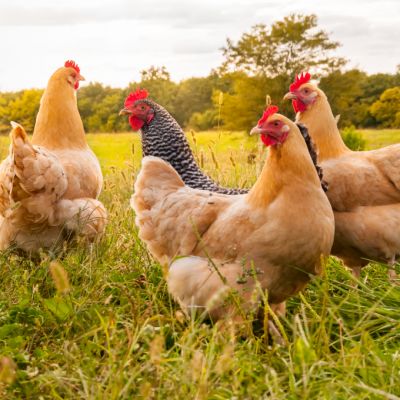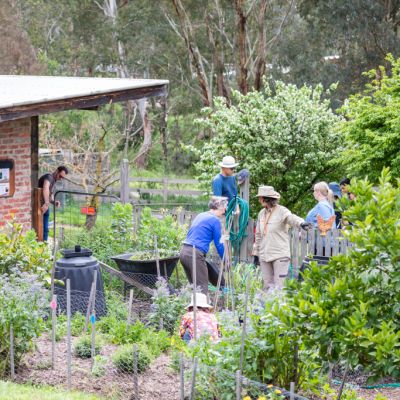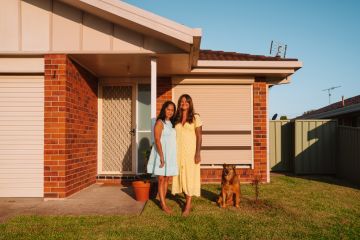Where to learn the art of beekeeping in your state
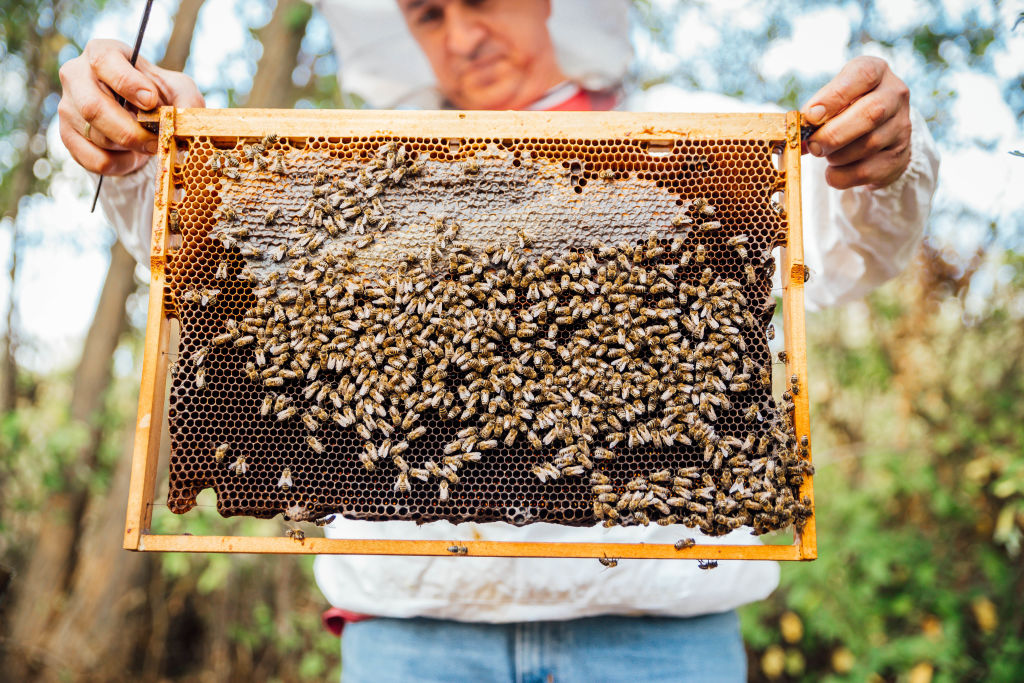
Greater recognition of the importance of bees has created a surge in backyard beekeeping. Also driving the trend is an increased interest in producing our own food.
Beekeeping registrations in Victoria rose by 1000 in 2018-2019, according to the Australian Honey Bee Industry Council Annual Report. Most of this increase was driven by hobbyist beekeepers.
Spring – when the fuzzy insects emerge – is the perfect time to learn the craft. So, where can you go to skill up to manage your own hive?
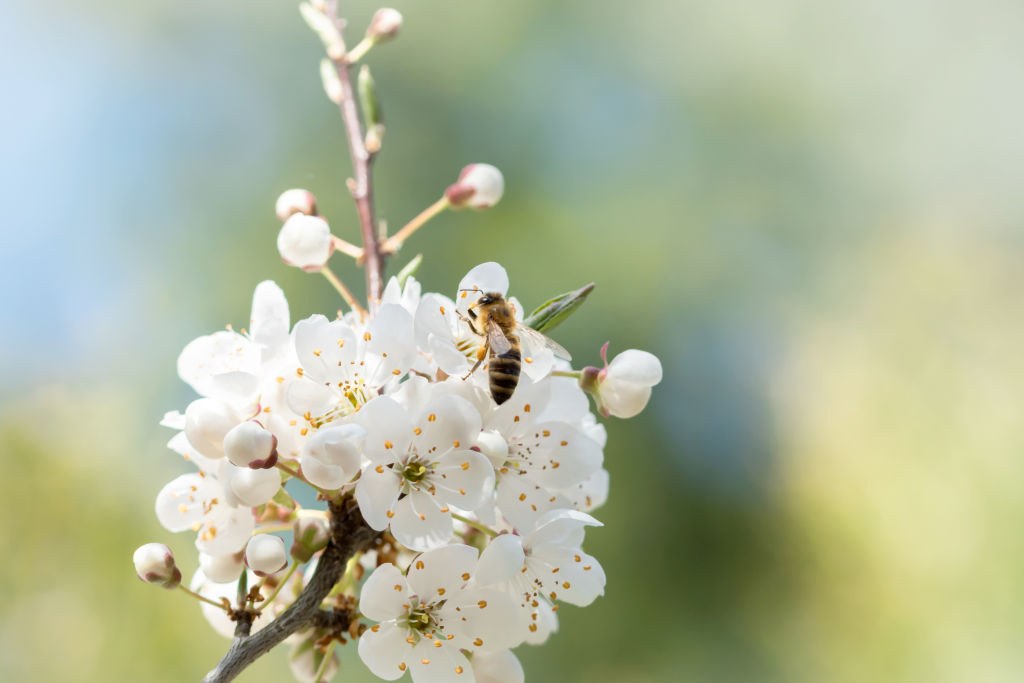
Most courses are offered privately or by local honey bee associations, according to the Australian Honey Bee Industry Council. However, education providers including TAFE and agriculture schools are increasingly getting in on the act, offering qualifications in recreational and commercial beekeeping.
Paul Wood of Brisbane Backyard Bees recently held his first workshop of the season. It sold out in a matter of hours, with dozens more enquiring. “This is the time of the year it kicks off,” he says. “There is nectar, the flowers of trees are blooming. There are swarms everywhere.”
Wood tries to run a workshop once a month in the warmer seasons – from September through to April – from his backyard in the Brisbane suburb of Alderley. At $60 or $110 for couples, they offer a chance for “people to get their face into a beehive”, he says.
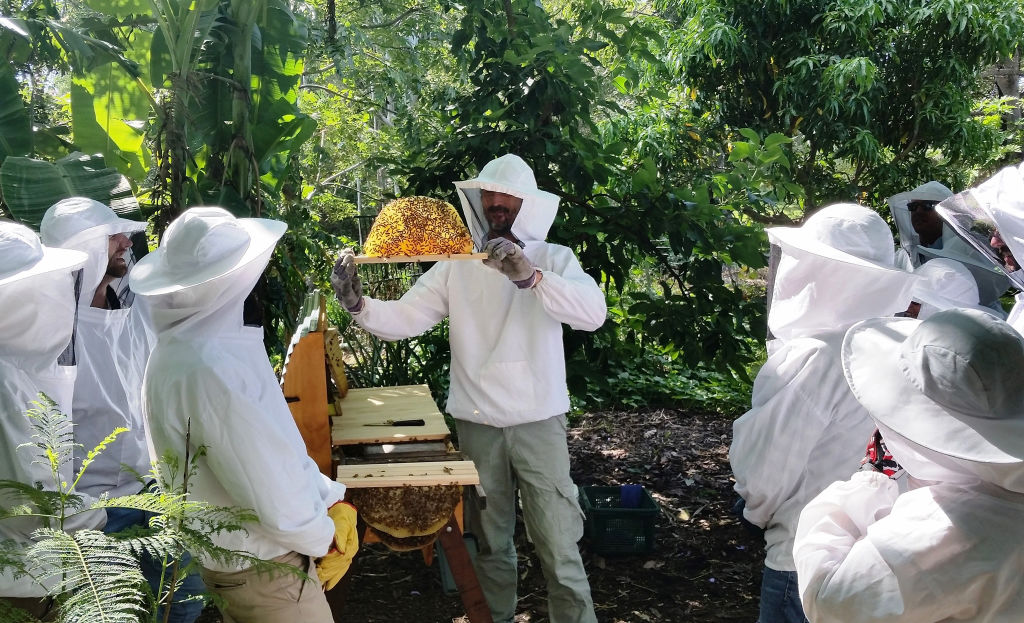
Under COVID-19 restrictions, groups are limited to nine participants. “We sit down for maybe three quarters of an hour and do a whole lot of contextual stuff,” he says. “What’s happening with bees around the world, and in Australia as well; how does a colony of bees work in the wild; why should we keep a box of bees in the Brisbane backyard?”
Another hour and a half is spent hanging out with the bees. “People get an opportunity to take bees out of the hive and to actually really get as close as they want. So, it’s very hands on,” he says.
Wood is an advocate of natural beekeeping and uses a frameless system known as a Top Bar Hive, popular in Kenya. “A top bar hive is where the bees build comb of their own design and construction hanging from a bar,” he says. Along with selling the hives, Wood offers mentoring to beginners.
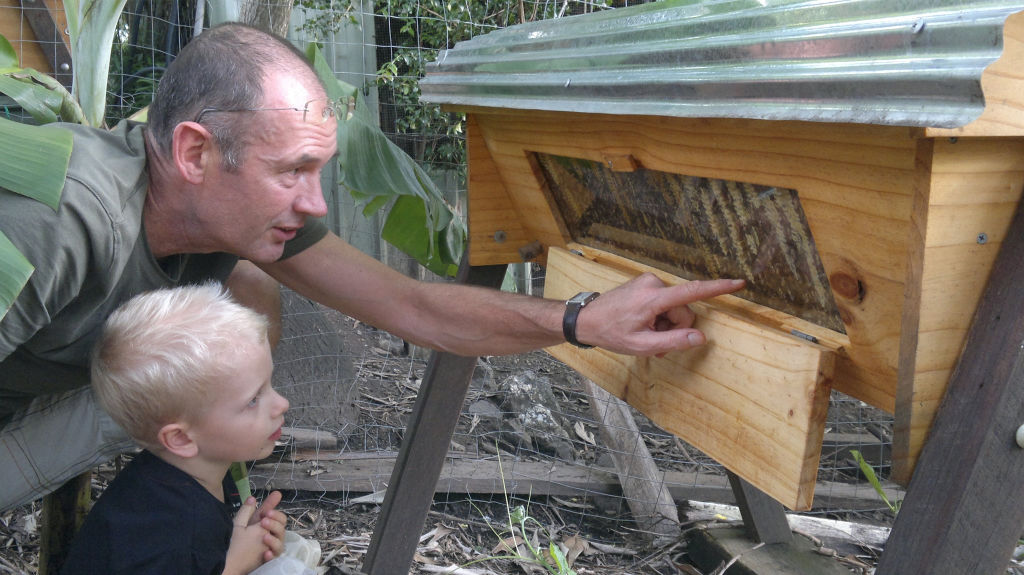
Pocket City Farms in Sydney’s Camperdown, also runs an introductory course in beekeeping. Like Wood, the focus is on bee-centric beekeeping where the needs of the colony are respected.
Bee-friendly beekeeping allows bees to behave more as they do in their natural environment, general manager of Pocket City Farms, Heather McCabe, says. “In the wild, bees most naturally make a hive in a hollow tree. They like to build comb ” she says.
Course teacher, Adam Kennedy, a permaculture educator and beekeeper, trains participants in the Warre hive system. It’s based on a number of square wooden boxes designed to mimic the natural cluster size and nesting site of honey bee hives within tree hollows.
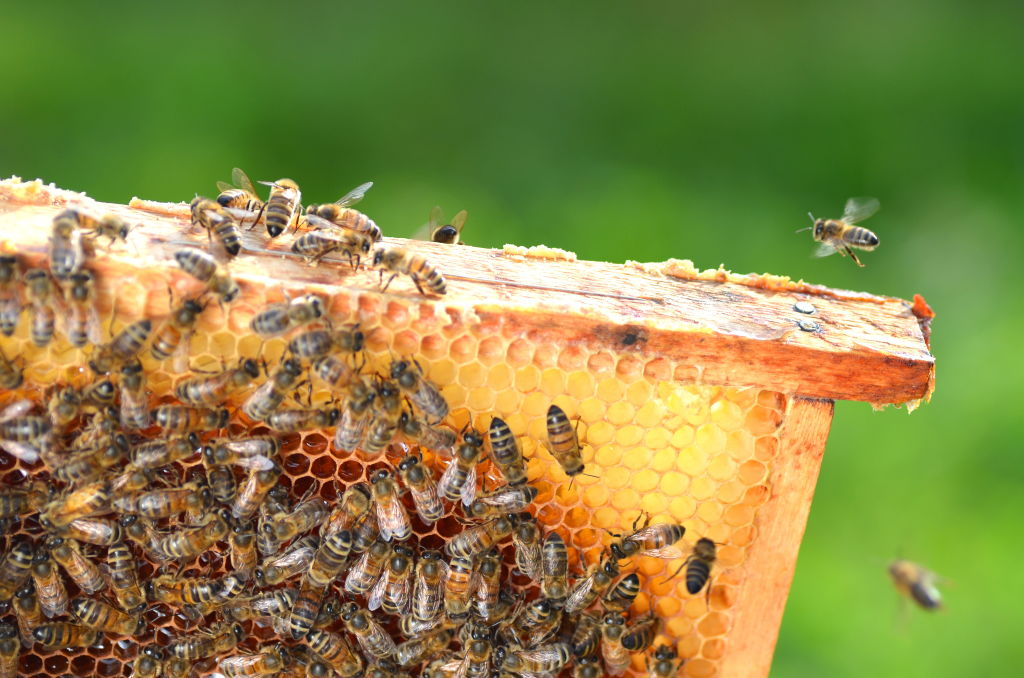
McCabe says the Warre hives create smaller quantities of tastier, darker honey as well as healthier colonies. “A lot of conventional beekeepers try to stop the hives from swarming. But natural beekeepers regard swarming as a natural way of producing resilient and strong colonies, because it’s allowing bees to mingle their genetic material,” she says.
For $160 participants get six hours of training. Topics including bee biology, different hive designs, relevant equipment and how to interact and care for bees, site a hive and process honey and mead. Course notes and an afternoon tea of fresh honeycomb and mead are included.
McCabe says the farm usually runs other courses towards the end of the year and around February or March. This is to avoid opening a hive up in summer or winter – the worst time for the bees.
Where to learn beekeeping in your state
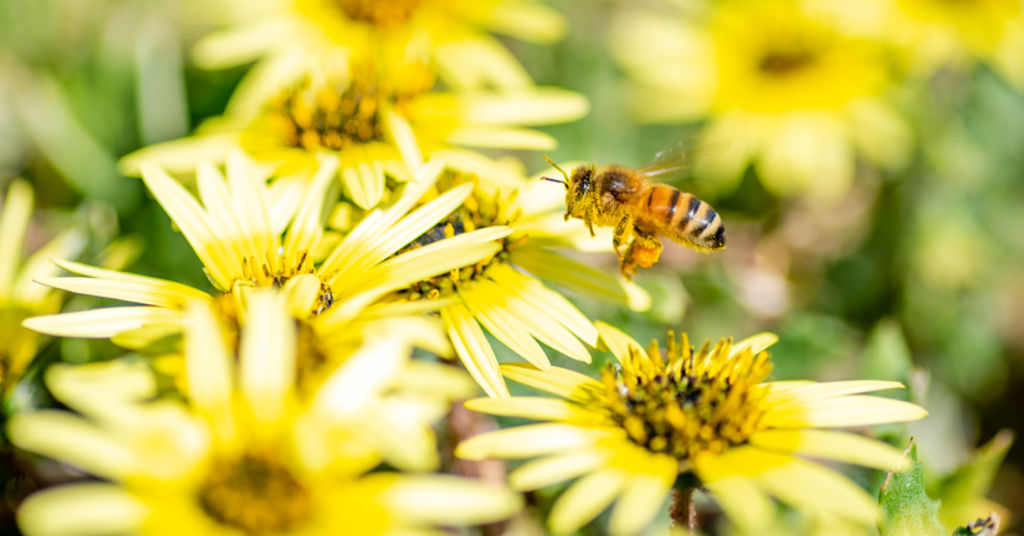
Victoria
South Australia
Crispin’s Beekeeping for Beginners Course is held at Petwood (near Nairne) over two days and costs $200. Courses run from October to the end of March.
ACT
Canberra Region Beekeepers run courses, including natural beekeeping, for beginners from October.
Western Australia
The Western Australian Apiarists Society keeps a calendar of local beekeeping events including beginners courses. To book you need to become a member.
Tasmania
Natural Beekeeping Tasmania (at Firthside) offer Meet the Bees sessions ($55 for 90 minutes), Beginner Bees workshops ($220 for a day) and a course in building your own Warre Hive ($150).
We recommend
States
Capital Cities
Capital Cities - Rentals
Popular Areas
Allhomes
More
